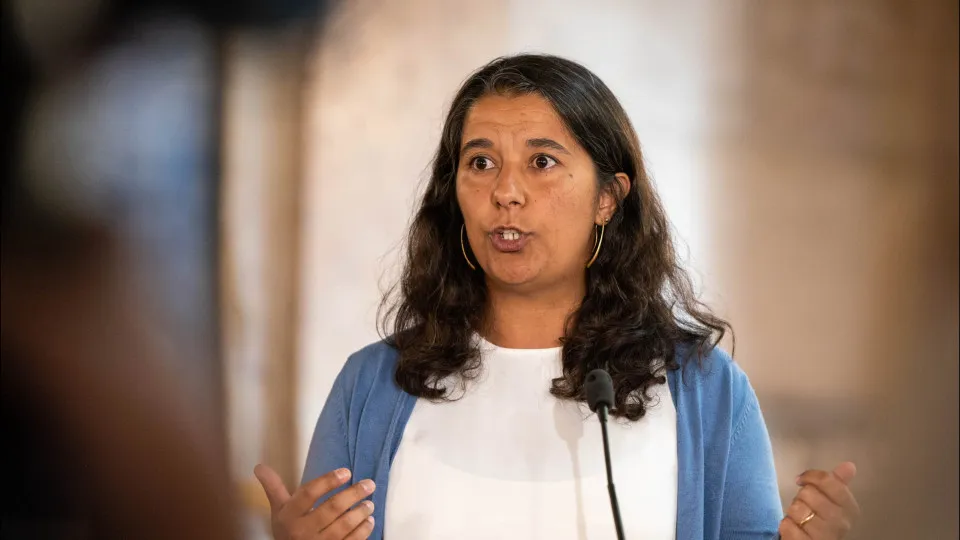
“It is evident that we need a national debate to consider the consequences of the Constitutional Court’s decisions and introduce necessary changes to make family reunification an essential tool of integration policies, in line with the Constitution,” stated António Vitorino during a colloquium organized by the Immigration Council working group.
In August, Marcelo Rebelo de Sousa vetoed the new foreigners law proposal after the Constitutional Court deemed five provisions of the bill, approved by AD and Chega, unconstitutional.
The judges rejected the provision allowing family reunification only with minors, excluding spouses; the minimum residence period of two years; the minimum time frame for processing applications and the requirement for compliance with integration measures.
According to António Vitorino, Portugal is “out of sync” with Europe, where family reunification plays a “dominant role” as a channel for regular immigration entry.
Family reunification “serves a function in managing migration flows, identifying challenges of the migration ‘stock’,” and plays an “integration role for immigrants in the host society,” as defined by the former International Organization for Migration official.
António Vitorino suggests a “solution recognizing the role of reunification as a regular migration channel while identifying its potential for the host society.”
For the CNMA leader, “migrations are too significant to be held hostage by simplistic polarization” or “mere instruments of tactical partisan agendas.”
In this context, “voices of reason must be heard” in Portuguese society, he said, noting that while “border control is necessary” to regulate flows, the primary issue lies elsewhere.
“A substantial part of irregularity relates to the ease provided in the labor market,” he stated, emphasizing that, “in most European countries, labor authorities are particularly lax in controlling immigrant work.”
The public discourse has had a “predominant focus on border controls,” while “glaring gaps persist concerning the labor market, where abuses thrive.”
An example is the discourse on rising housing prices in Portugal, which has fueled polarization.
António Vitorino highlighted that the main contributors to rising housing prices in Portugal are those society labels as expatriates, not immigrants.
Regarding the pressure of immigrants on public services, António Vitorino recalled the positive role of newcomers in the country’s interior, a reality contrasting with anti-immigration theory.
In many cases, “schools only remained open because immigrant children arrived,” stated the leader, who lamented the delay in hiring school mediators.
“Mediators are essential” and “I hope they resolve the bureaucratic difficulties to hire them,” he emphasized.




